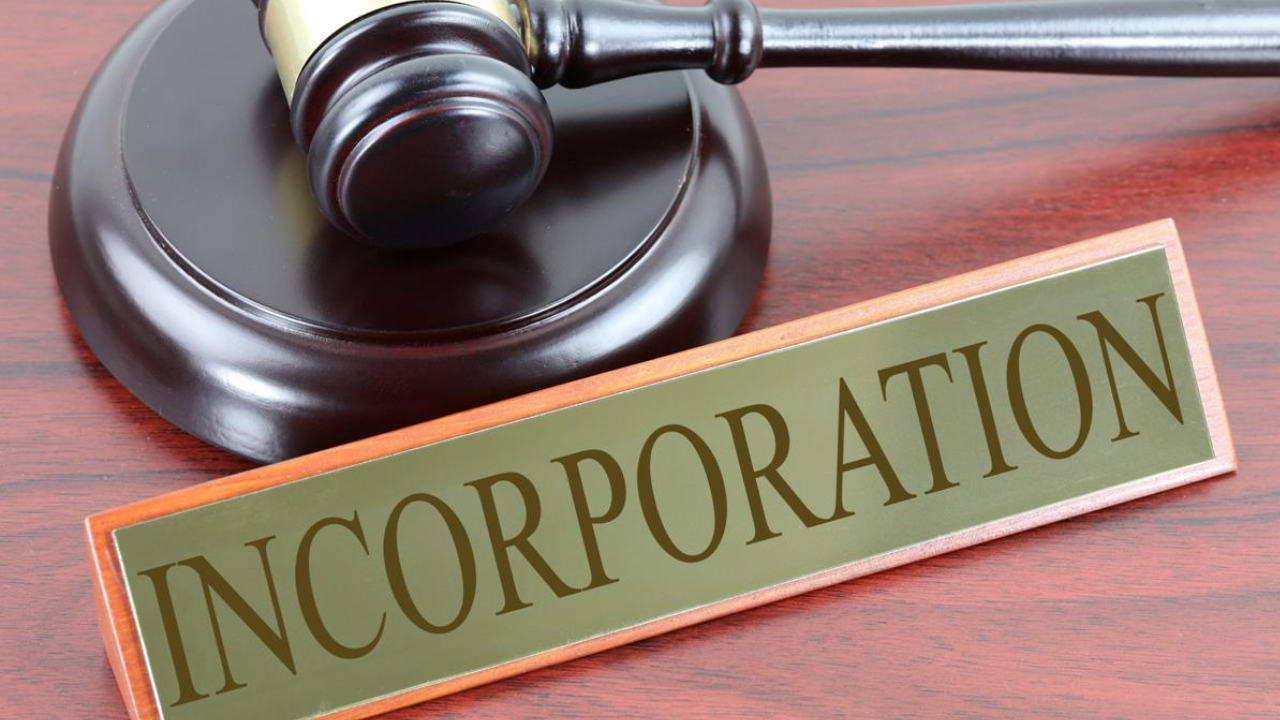You can use a Last Will and Testament to control the distribution of your estate and to appoint a legal guardian for any dependents after you pass away. Probate courts (the segment of the court system that handles wills and estates) use your Last Will as a guide when settling your estate. This document includes custom instructions for allocating money and property to certain people or organizations. It also appoints someone to act as your executor and oversee this distribution (often a trusted family member or a hired professional).
Who are the parties in a Last Will and Testament?
Testator: The owner of the Last Will and Testament. Once the testator dies, their estate gets distributed according to the terms of their Will.
Executor: Also known as a personal representative, the executor administers the Last Will and Testament.
Beneficiary: A beneficiary is someone who will receive something from the estate. You may name multiple beneficiaries and divide your assets as you see fit.

How do I write a Last Will and Testament?
To complete your Last Will and Testament, you’ll need:
1. Testator information
You must include the testator’s full name, place of residence, and marital status, as these details affect the laws that apply to the distribution of their estate.
2. Family details
Children typically have inheritance rights to their parents’ estates. As such, be sure to list all of the testator’s biological and legally adopted children.
You should also make note if the child (whether a minor or an adult) is a dependent. For example, this might include adult children who are mentally or physically disabled, or who are attending post-secondary and are under 25.
If you have dependent children, you can appoint a guardian to care for them in the same way a parent would.
3. Estate assets and instructions
First, name the beneficiaries that you want to inherit your estate assets. If you’ll have more than one beneficiary, consider how much of the estate each one will inherit.
You may list individuals or organizations as beneficiaries in your Will. If you’re listing a charity, be sure to include the charity registration number. This is the official reference number issued by the government to every charity. You can typically find this number on donation receipts or the charity’s website.
If your listed beneficiaries cannot, for whatever reason, accept the inheritance, you can also add a wipeout beneficiary to inherit instead. Otherwise, people typically leave their inheritance to be divided equally among their parents and siblings..
Next, state who will receive specific gifts (e.g., a family heirloom), if any. Keep in mind that there are some things that a testator cannot give away in their Will:
- Proceeds from programs that already have beneficiaries (e.g., life insurance)
- Jointly held property with rights of survivorship (i.e., the other owner automatically inherits the deceased’s share)
- Their spouse’s separately owned property
4. Executor information
Name someone to act as your executor and list their contact information. The executor of your estate is the person you appoint in your Last Will and Testament to carry out your final instructions. This person is legally bound to administer your Will.
Generally, your executor cannot be a minor or someone that has been convicted of a criminal offence. Some provinces may also put restrictions on executors who live out of the province.
Note that you may have more than one executor. In this case, they must cooperate to administer the estate.
It’s also best practice to name an alternate executor should anything prevent your first choice from carrying out your estate plans.
Choosing the right executor may be challenging, but it’s a crucial decision because your executor bears a large responsibility on your behalf. This person should be someone you trust, who understands their duties, and who is willing to act as your personal representative. You can appoint your spouse, a friend, a relative, or a professional (like your lawyer or accountant) to be your executor.
An executor’s duties may include:
- Distributing your property and assets to your beneficiaries
- Filing necessary forms (including your final tax return)
- Repaying your debts with money from your estate
- Recovering money other parties may owe you
- Managing your business as directed
5. Final details
If you’d like to add specific instructions that aren’t already addressed in the questionnaire, you can write the clause yourself. For example, you may wish to forgive someone for an unpaid debt.
However, you should avoid adding instructions for funeral plans, as it’s likely your Last Will won’t be read until after your funeral. What’s more, these instructions will not be legally binding.
Does a Last Will and Testament need to be notarized?

You don’t need to notarize your Will for it to be valid.
The Affidavit of Execution acts as further evidence of the testator’s intent to create the Will. It helps verify the identities and signatures of the testator and witnesses. Probate courts may request this document when reviewing the Will. If produced, witnesses likely won’t need to testify in probate court about having witnessed the execution of the Will.
Where should I keep my Will?
Not only is it important to store your Last Will and Testament in a safe location, but it’s also crucial to ensure that your executor can access it when needed.
For example, you can keep your Will in a safety deposit box at your bank. However, banks often have strict policies about who can access this box and when.
In any case, be sure to leave clear instructions to your executor about where you keep the original copy of your Will. Although you can give copies of your Will to your executor (or even beneficiaries), the original document must be presented in probate court.






